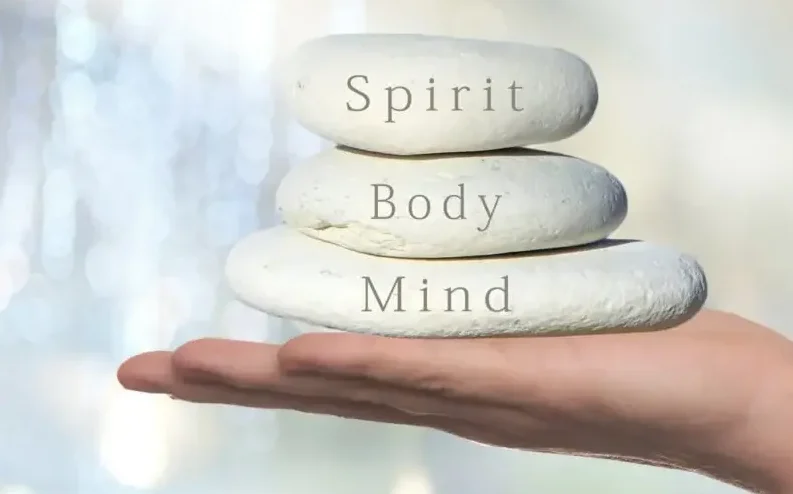When the Sacred becomes a Snare
 Spiritual addiction
Spiritual addiction
In our quest for meaning and fulfillment, spirituality often provides a profound sense of purpose and connection. Practices such as meditation, prayer, and participation in religious communities offer pathways to personal growth, inner peace, and a deeper understanding of life. This phenomenon, while less discussed than substance or spiritual addiction, can have significant implications for an individual’s mental, emotional, and social well-being.
What is Spiritual addiction?
Spiritual addiction refers to an excessive or unhealthy preoccupation with spiritual practices, beliefs, or experiences. It is characterized by an over-reliance on these practices to the detriment of other aspects of life. This can manifest in various ways, including compulsive participation in religious rituals, an obsessive pursuit of mystical experiences, or an unwavering adherence to spiritual doctrines that leads to rigidity and intolerance.
Unlike healthy spirituality, which fosters balance, growth, and integration, spiritual addiction can create an imbalance, where the pursuit of spiritual experiences becomes all-consuming. This can lead to neglect of personal relationships, responsibilities, and even one’s physical and mental health.
Signs and Symptoms
Identifying spiritual addiction can be challenging, as the line between deep spiritual commitment and unhealthy obsession is often subtle. However, some common signs include:
Compulsive Behavior
An inability to moderate or regulate spiritual practices, leading to excessive time spent in meditation, prayer, or other rituals at the expense of daily responsibilities.
Escapism
Using spirituality as a means to avoid dealing with personal issues, emotions, or real-life challenges, rather than as a tool for genuine growth and healing.
Rigidity and Intolerance
An inflexible adherence to spiritual beliefs or practices, coupled with judgment or intolerance towards others who do not share the same views.
Emotional Dependency
Relying excessively on spiritual experiences or communities for emotional support, to the point where other forms of support are neglected or undervalued.
Neglect of Physical Health
Ignoring basic physical needs and health in favor of spiritual pursuits, potentially leading to malnutrition, sleep deprivation, or other health issues.
Causes of Spiritual addiction
Spiritual addiction can stem from various underlying issues, including:
Unresolved Trauma
Individuals with unresolved emotional or psychological trauma may turn to spirituality as a way to cope or escape from their pain, leading to an over-reliance on spiritual practices.
Seeking Control
For some, spiritual addiction may arise from a desire for control in an uncertain world. Spiritual practices can provide a sense of order and predictability, which can become addictive.
Identity and Self-Worth
When one’s identity and self-worth become overly tied to their spiritual life, they may feel compelled to constantly engage in spiritual activities to maintain a sense of value and purpose.
Consequences of Spiritual Addiction
While spiritual practices can offer numerous benefits, spiritual addiction can have several negative consequences:
Social Isolation
An overemphasis on spiritual pursuits can lead to isolation from family, friends, and community, as other relationships and activities are neglected.
Mental Health Issues
Excessive spiritual practices can contribute to anxiety, depression, and other mental health issues, particularly if they are used as a means of avoidance rather than healing.
Distorted Perception
Spiritual addiction can distort one’s perception of reality, leading to a disconnection from practical concerns and an unrealistic view of oneself and the world.
Finding Balance
To prevent or address spiritual addiction, it is important to cultivate a balanced approach to spirituality:
Self-Reflection
Regularly reflect on your spiritual practices and their impact on your overall well-being. Are they enhancing your life, or are they becoming a source of stress and imbalance?
Seek Guidance
Consult with trusted spiritual mentors, therapists, or counselors who can provide perspective and help you maintain a healthy balance.
Integrate Practices
Ensure that your spiritual practices are integrated into a well-rounded life that includes attention to physical health, emotional well-being, and social connections.
Address Underlying Issues
If you suspect that unresolved trauma or other psychological issues are driving your spiritual addiction, seek professional help to address these root causes.
Conclusion
Spirituality can be a profound source of meaning, healing, and connection. However, when pursued to an unhealthy extreme, it can become a form of addiction with serious consequences. By maintaining self-awareness, seeking balance, and addressing underlying issues, individuals can enjoy the benefits of spiritual practices without falling into the trap of spiritual addictions. Ultimately, true spirituality should enhance our lives, helping us to grow, connect as well as thriving in a balanced and holistic way
Share this content:





















Post Comment